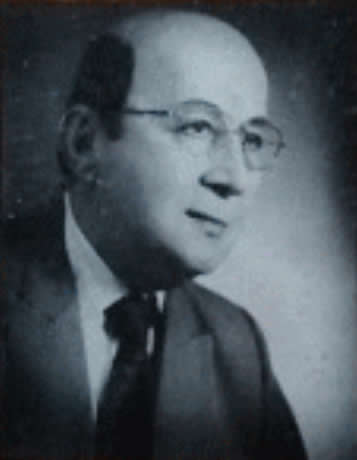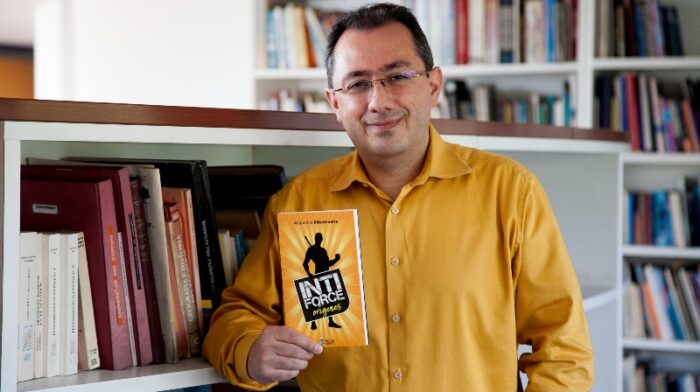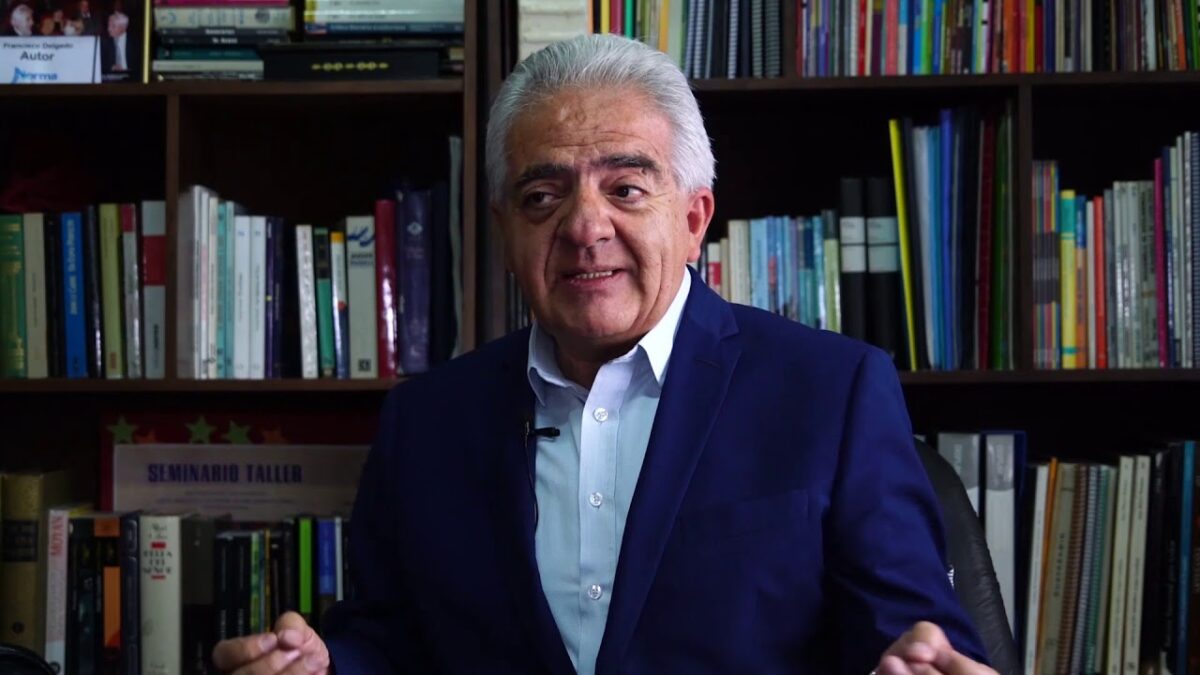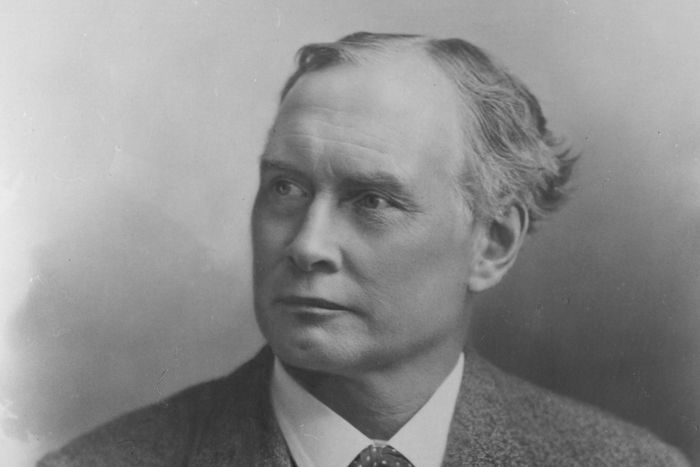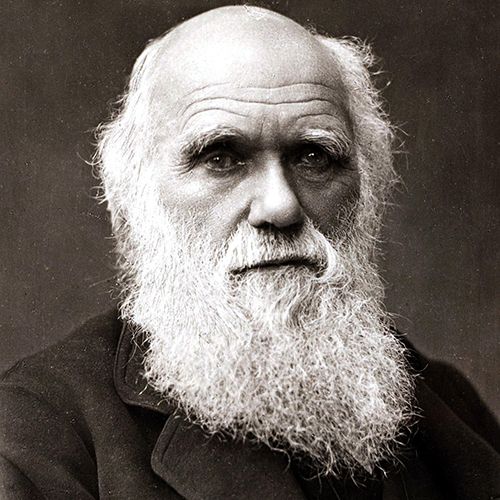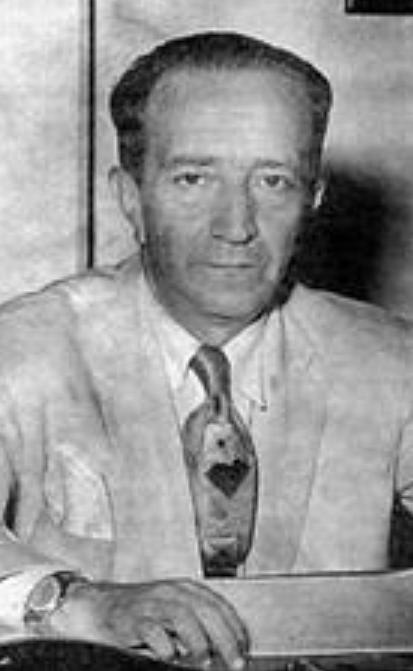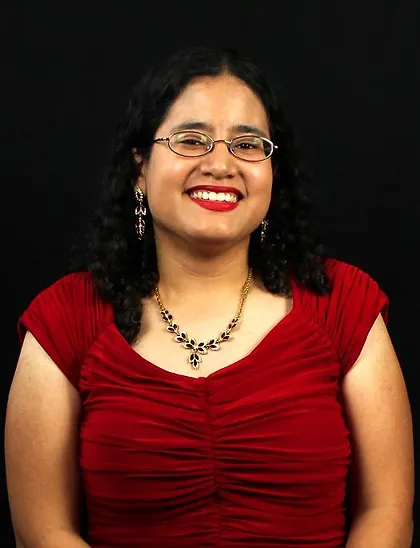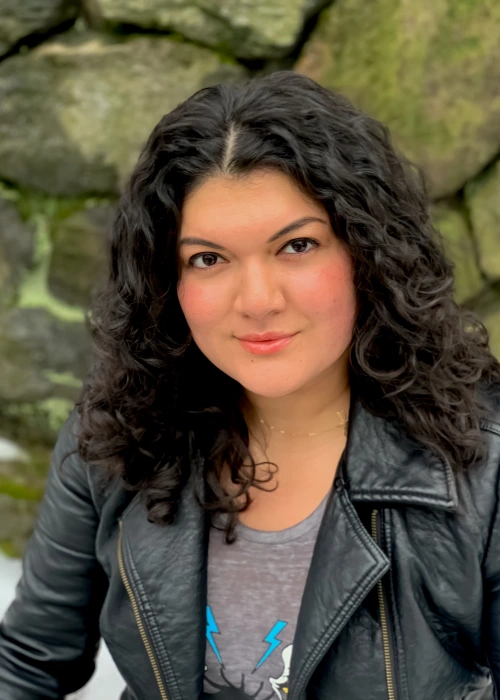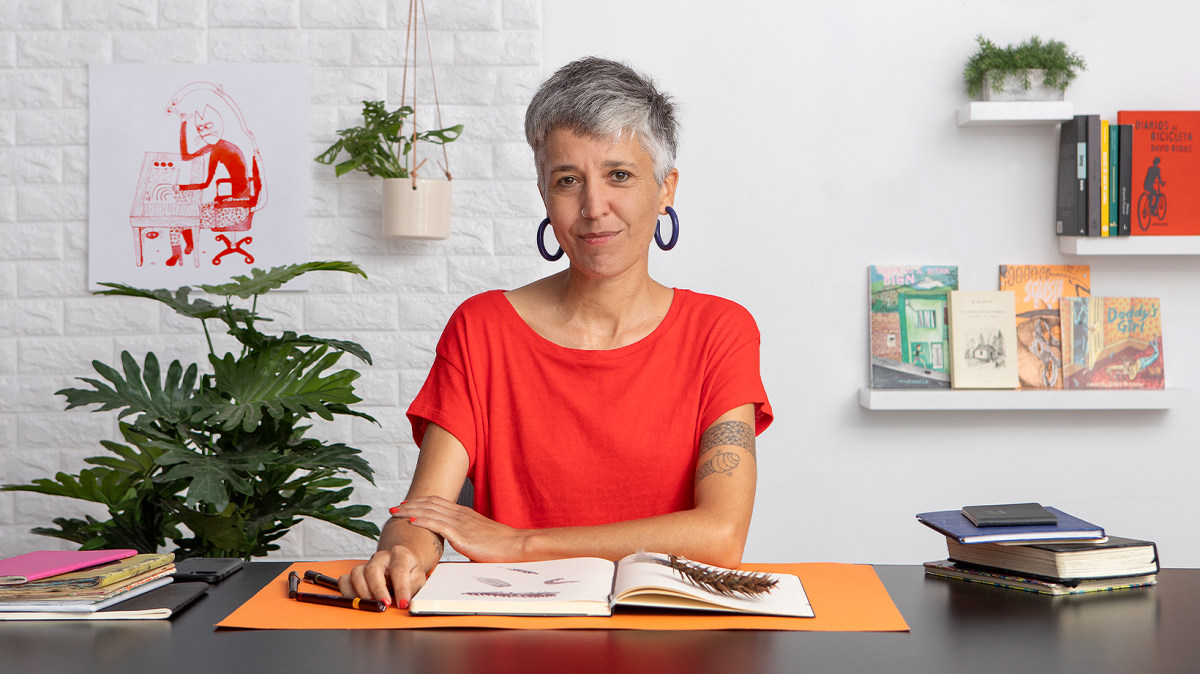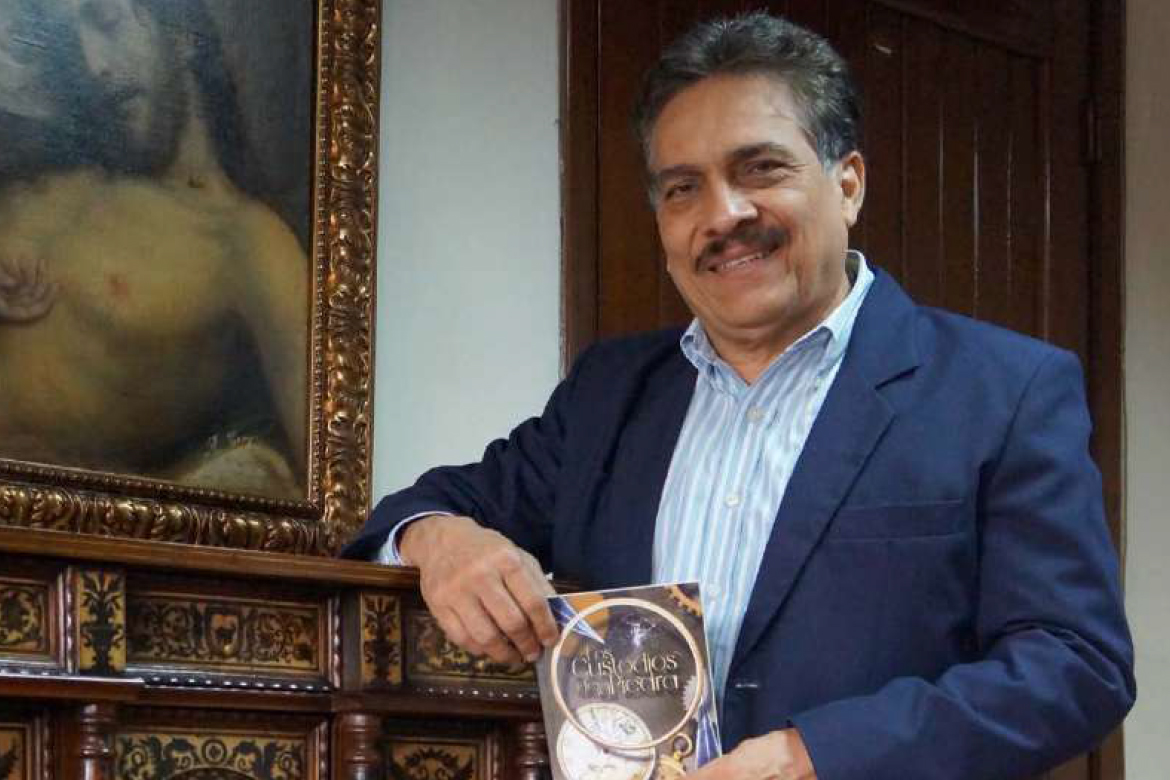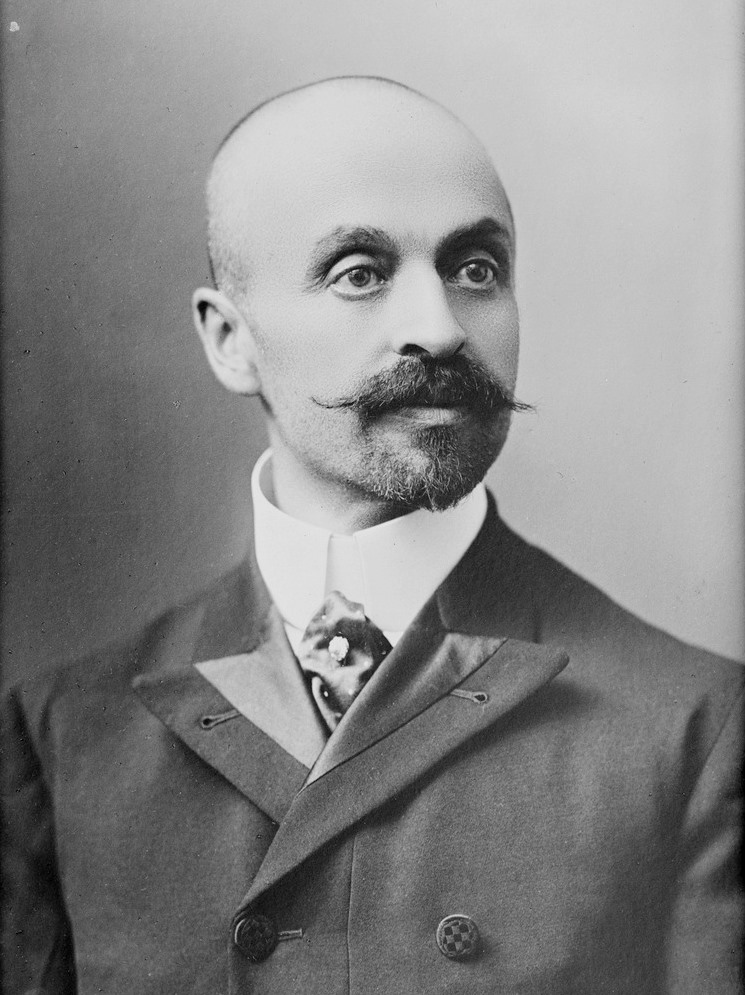Gonzalo Espinel Cedeño (Guayaquil, September 1, 1937 – Unknown) was an esteemed poet. He was the legitimate son of Jorge Espinel Barreiro, a native of Rocafuerte, and Bertha Cedeño Chica from Bahía de Caráquez. Growing up, Gonzalo faced early hardships, losing his mother at the age of eight. Despite these challenges, he developed a love for literature and began writing sonnets, influenced by the literary environment fostered by his sister, Ileana Espinel Cedeño, a member of the Club 7. Gonzalo started working at a young age to support himself financially and embarked on a successful career in the banking sector. However, his true passion remained poetry, and he gained recognition for his lyrical and heartfelt compositions. Over the years, he published several poetry collections, including “Estatura de la yerba,” “Arenas al Viento,” “Láminas del agua,” and “Vertiente honda.” Gonzalo Espinel Cedeño is regarded as one of Ecuador’s essential poets, known for his mastery of the sonnet form.
Continue reading “Gonzalo Espinel Cedeño”Month: June 2023
León Hi-Fong
León Hi-Fong (February 20, 1941 – Unknown) was an Ecuadorian writer and poet born in Guayaquil. In 1967, he co-founded a cultural group called CIMA along with linguist Carlos Rojas González, painters Juan Villafuerte and José Carreño, and narrators Alvarado, Salas, and Agustín Vulgarín. This group hosted a weekly hour-long radio program featuring Eduardo Salas Rodas and Hipólito Alvarado. León Hi-Fong also established the Buhardilla theatre group and co-founded the magazine “El pez que fuma” (The Smoking Fish) with poet Agustín Vulgarín. In 1975, he published a book of poems titled “El funeral de los pájaros” (The Funeral of the Birds) through the Casa de la Cultura Ecuatoriana. During the same year, he was reported to be living in the United States. Later, in 1996, the Casa de la Cultura Ecuatoriana published his poetry collection “Vuelo del pez que fuma: poemas.”
Continue reading “León Hi-Fong”Eulalia Barrera B.
Eulalia Barrera B., born Eulalia Beatriz Barrera Barrera (Quito, 1918 – Unknown) was an Ecuadorian writer and journalist who, along with her sister Inés, made a significant contribution to Ecuadorian literature. The Barrera sisters not only penned numerous “tradiciones” and short stories but also compiled important anthologies showcasing the works of other Ecuadorian writers. Notable among these are “Tradiciones y leyendas del Ecuador” (El Comercio, 1947) and “Los mejores cuentos ecuatorianos” (El Comercio, 1948). Eulalia Barrera’s distinctive approach to the “tradiciones” genre, integrating a gender analysis, set her work apart. Her stories, particularly “Flor de amor” and “La Capilla del Consuelo,” scrutinize the subordinate roles of women in society, shedding light on themes of oppression, loyalty, and solitude. Many of her works remain uncollected.
Continue reading “Eulalia Barrera B.”Alejandro Ribadeneira
Alejandro Ribadeneira Tobar (Santiago, Chile, 1973) is an author, journalist, and editor born to an Ecuadorian father and a Chilean mother and has dual nationality. Since 2000, he has been part of Grupo El Comercio in Ecuador, where he has served as a macro editor, tasked with planning and editing journalistic content in areas such as Culture, Entertainment, Sports, Environment, History, among others, for both digital and print media. Educated at the Central University of Ecuador with a degree in Social Communication, Ribadeneira has penned a poetry book, several volumes of short stories, and novels, including “La frutilla mecánica,” “La máscara del padre,” “Calendario sin abril,” and “Inti-Force: Orígenes.” For 25 years, he has been a dedicated commentator and writer on the subject of soccer. He lives in Quito, Ecuador.
Continue reading “Alejandro Ribadeneira”Francisco Delgado
Francisco Delgado Santos (Cuenca, June 9, 1950) is an Ecuadorian writer, poet, and editor. Delgado Santos has made a significant contribution to Ecuadorian literature for children and young people with his extensive collection of over 50 published titles. With a deep passion for reading and writing, Delgado Santos believes in the transformative power of books, especially in shaping the imaginations and intellectual development of young readers. His works span across various genres and have garnered recognition and prestigious awards. Beyond his literary achievements, Delgado Santos has played a pivotal role in establishing the National Library System of Ecuador, expanding access to books and fostering a culture of reading throughout the country.
Continue reading “Francisco Delgado”Ikah Gabriela Loayza
Ikah Gabriela Loayza (Quito, Ecuador, 1988) is an Ecuadorian writer and scriptwriter, known for her contributions to various forms of media. She holds degrees in Journalism and a Master’s in Fiction Scriptwriting. Loayza has collaborated with several national production companies as a scriptwriter, writer, and translator for projects spanning fiction, documentaries, and advertising. Her teaching experience includes courses in creative writing and scriptwriting at various institutions. She also co-wrote the web series “Kronos: guardianes del tiempo” and contributes to the YouTube channel “La Fábrica del Ocio,” where she offers literary advice. A well-rounded creative, Loayza has spent time studying at the University of Wisconsin-Richland and the Pontifical University of Salamanca. Her latest book, “El beso de la sirena vampiro,” showcases her talent in the young adult fantasy genre and was published in 2019 by Eskeletra Editorial.
Continue reading “Ikah Gabriela Loayza”Joe Kane
Joseph A. Kane (1953) is an acclaimed American journalist and author whose work has significantly contributed to environmental literature. Known for his immersive and empathetic storytelling, Kane focuses on the struggles of indigenous populations in the face of ecological destruction. His debut non fiction book, “Running the Amazon” (1989), recounts the harrowing journey of an expedition that covered the entire length of the Amazon River. His second non fiction book, “Savages” (1995), is a poignant exploration of the Huaorani Indians’ battle against the harmful practices of international oil companies in the Ecuadorian Amazon. Kane’s masterful blend of adventure, reportage, and intimate narrative offers readers a profound insight into the stark realities of environmental degradation and the urgent need for conservation. His works, celebrated for their compassionate portrayal of threatened ecosystems and the people within them, underscore the vital conversation around global environmental issues and indigenous rights.
Continue reading “Joe Kane”Edward Whymper
Edward Whymper (London, England, April 27, 1840 – Chamonix, France, September 16, 1911) was an English mountaineer, explorer, author, and illustrator. Whymper is most famous for his exploration of the Alps and for being the first man to climb the Matterhorn in 1865. In 1880, he ventured on an ambitious expedition to Ecuador with a specific interest in studying the effects of altitude sickness and reduced pressure on the human body. Guided by the experienced Italian mountaineer Jean-Antoine Carrel, Whymper ascended several of Ecuador’s volcanoes, including the Chimborazo and Cotopaxi, making him the first to do so. Beyond the mountaineering feats, his exploration of Ecuador’s mountains resulted in “Travels Amongst the Great Andes of the Equator” (1891), a significant publication that offered deep insights into high-altitude physiology, the diverse biodiversity, and the breathtaking landscapes of the Andes.
Continue reading “Edward Whymper”Charles Darwin
Charles Darwin (Shrewsbury, Shropshire, England, February 12, 1809 — Downe, Kent, England, April 19, 1882) was a renowned English naturalist and biologist who is best known for his significant contributions to the science of evolution. His most famous work, “On the Origin of Species” (1859), drastically shifted scientific thought and proposed the idea of natural selection. Darwin’s time spent in the Galápagos Islands of Ecuador during his voyage on the HMS Beagle was instrumental in shaping his theories. Here, he meticulously observed and documented a variety of species, including the islands’ famous finches, which varied greatly in characteristics such as beak shape and size from island to island. The diversity and adaptability of these species in response to their unique environments led Darwin to conceptualize the principles of natural selection and evolution. His work, much of which was deeply rooted in the data gathered in the Galápagos, revolutionized our understanding of the natural world and has had an enduring impact on numerous fields of study, from biology to anthropology.
Continue reading “Charles Darwin”Humberto Salvador
Humberto Salvador Guerra (Guayaquil, December 25, 1909 – Ibidem, January 17, 1982) was an Ecuadorian writer, editor, jurist, psychoanalyst, and literature professor. His early literary works associated him with the avant-garde movement in Ecuador, publishing notable works such as the novel “En la ciudad he perdido una novela…” (1930). However, he shifted towards social realism in his later works, with novels such as “Camarada” (1933), “Trabajadores” (1935) and “Noviembre” (1939). Known for his exploration of human psychology and his bold examination of societal issues, Salvador’s works displayed a remarkable depth of insight and a willingness to challenge traditional norms. His remarkable literary legacy includes 13 novels, 4 short story collections, 2 plays, and a groundbreaking doctoral thesis titled “Esquema sexual” that has gone though many editions.
Continue reading “Humberto Salvador”Darlene P. Campos
Darlene P. Campos is an American author born in Houston, Texas to an Ecuadorian family. Her published young adult novels include “Behind Mount Rushmore” (2017), “Summer Camp is Cancelled” (2018), and “Heaven Isn’t Me” (2019). She has garnered numerous accolades for her writing, such as the Sylvan N. Karchmer Fiction Award at the University of Houston in 2013 for “The Bullet” and the Dastaan Fiction Award in 2017 for “Mason Jars.” Darlene holds a BA in English-Creative Writing with a minor in Medicine and Society Studies from the University of Houston, and an MFA in Creative Writing from the University of Texas at El Paso.
Continue reading “Darlene P. Campos”Zoraida Córdova
Zoraida Córdova (Guayaquil, 1987) is an Ecuadorian-American author of fantasy novels for children and young adults, as well as romance novels. Born in Guayaquil, Ecuador, she immigrated to the United States at a young age, embracing English as her second language. Growing up in Hollis, Queens, Córdova’s passion for writing was ignited by the works of authors like Amelia Atwater Rhodes. She dedicated herself to refining her skills, attending writing camps and conferences throughout her college years. Her notable achievements include the Brooklyn Brujas series, an exploration of identity, family, and magic. The series, which won her an International Latino Book Award for its first installment, stands as a testament to her storytelling prowess. In addition to her acclaimed series, Córdova has made significant contributions to the Star Wars canon universe, including her novel “Star Wars: Convergence (The High Republic).” Furthermore, she displays her versatility by writing romance novels under the pen name Zoey Castile, notably the popular Happy Endings series.
Continue reading “Zoraida Córdova”Power Paola
Power Paola, pseudonym of Paola Andrea Gaviria Silguero (Quito, June 20, 1977) is a Colombian-Ecuadorian comic artist and author of graphic novels. Among her most noteworthy works is the 2011 graphic novel “Virus Tropical,” which has been widely praised. It was later translated into both English and French by Random House / Mondadori. Paola also contributed to the adaptation of this novel into an animated film in 2017, which subsequently won the 2019 Quirino Award for Best Ibero-American Animation Feature Film. Paola’s other notable works include “Por Dentro” (2012), “Diario” (2013), “qp” (2014), “Todo Va a Estar Bien” (2015), and “Nos vamos” (2016). Power Paola’s body of work deals with diverse themes including sexuality, feminism, family dynamics, and personal identity. She’s a member of a comics collective called Chicks on Comics.
Continue reading “Power Paola”Fernando Naranjo Espinoza
Fernando Naranjo Espinoza (Guayaquil, 1954) is an Ecuadorian writer, architect, watercolorist, and illustrator. He has made significant contributions to the realm of science fiction, a genre relatively unexplored in Ecuadorian literature. With his boundless imagination and captivating storytelling abilities, Naranjo Espinoza takes readers on extraordinary journeys through time, space, and alternate realities. In recognition of his talent, he received an Honorable Mention in the prestigious National Contest “José de la Cuadra” in 1979. Among his notable works is “La era del asombro” (1994), which garnered acclaim and recognition in the National Contest “Ismael Pérez Pazmiño.” Another noteworthy publication is “Cuídate de los coriolis de agosto” (2006). While primarily known for his science fiction stories, Naranjo Espinoza also ventured into the realm of the social novel with his book “Guasmo sur” (2013), which earned him the Second National Novel Prize in 2010. His most recent work, “Los custodios de la piedra” (2018), is a captivating collection of science fiction stories that delve into themes of time travel, memory, and the manipulation of reality. Since August 2017, Fernando Naranjo Espinoza has been serving as the Director of the Guayas Branch of the House of Ecuadorian Culture.
Continue reading “Fernando Naranjo Espinoza”Honorato Vázquez Ochoa
Honorato Vázquez Ochoa (Cuenca, October 21, 1855 – January 26, 1933) was an Ecuadorian diplomat, lawyer, educator, painter, grammarian, writer, and poet considered one of the most prominent figures of Cuencan lyricism in the 19th century. Vázquez’s literary works spanned different genres, including poetry, essays, and historical accounts. Notable among his works is the poetry book “Los sábados de mayo,” co-written with Miguel Moreno, which exemplified the tendencies of national romanticism in Ecuador. Vázquez’s poems, such as “Morenica del Rosario,” demonstrated his sentimentality and mastery of language, including the use of archaic Spanish. Furthermore, his contributions to the field of linguistics were notable, with regular essays on the Spanish language, Quechua, neologisms, and other language-related topics. In 1886, at the age of 31, he delivered his induction speech to the Ecuadorian Academy of Language, making him one of the youngest members to ever join.
Continue reading “Honorato Vázquez Ochoa”
